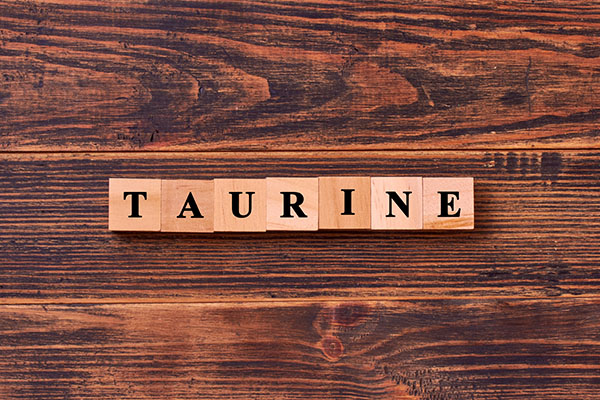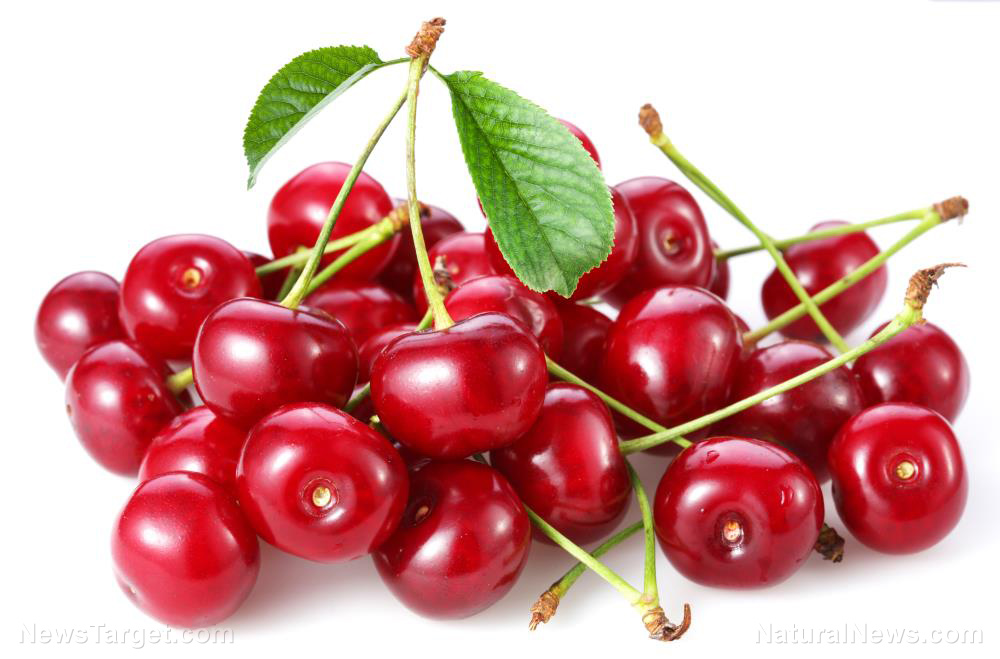
Advertisement
Spending some time under the sun is good for you, but there may be people who avoid sunbathing or walking to the park on a sunny day due to fears of increasing their skin cancer risk.
If you’re one of those worried about overexposure or skin cancer, you can eat superfoods that can help support healthy skin, such as berries and nuts. In addition to using natural and organic sunscreen, these dietary choices can help boost your natural defense against harmful sun exposure.
Consuming the right foods will also help protect your skin against the sun’s ultraviolet rays, in a way protecting your body from the inside out. Studies have shed light on the protective role of antioxidants, including vitamins and various nutrients, in the battle against harmful free radicals, which are often linked to skin cancer.

Because of these recent findings, many dermatologists are encouraging their patients to incorporate nutrient-rich foods into their diet to promote better skin health. The foods listed below are a natural source of essential antioxidants and offer a synergistic blend of nutrients that work together to maximize their effectiveness.
Avocados
Avocados are chock-full of healthy fats. These “good” fats have a role in many bodily functions, including the health of your skin.
Getting enough of these healthy fats can help your skin be flexible and moisturized.
In one study involving over 700 women, scientists reported that a high intake of total fat — specifically the types of healthy fats found in avocados — was linked to more supple, springy skin.
Preliminary evidence also suggests that avocados contain compounds that may help protect skin from sun damage. UV damage to your skin can cause wrinkles and other signs of aging.
Avocados are also rich in vitamin E, which is an important antioxidant that helps protect skin from oxidative damage. However, most Americans don’t get enough vitamin E in their diet.
Research has revealed that vitamin E seems to be more effective when combined with vitamin C.
Vitamin C is also essential for healthy skin. Your skin needs vitamin C to create collagen, the main structural protein that keeps skin strong and healthy. Vitamin C deficiency is rare in modern times, but common symptoms may include dry, rough and scaly skin that tends to bruise easily.
Vitamin C also functions as an antioxidant that helps protect your skin from oxidative damage caused by the sun and the environment, which can cause signs of aging.
A 100-gram serving (about 1/2 of an avocado) provides 14 percent of the Daily Value (DV) for vitamin E and 11 percent of the DV for vitamin C.
Berries
Berries, which are full of ellagic acid, are a tasty and nutritious way to naturally boost sun protection.
Ellagic acid, derived from ellagitannin, is a compound found in different red fruits. Out of these fruits, raspberries have been identified as particularly potent in the fight against skin cancer, making them a great addition to your sun protection diet.
Carotenoids
Carotenoids are the pigments that make fruits and vegetables yellow, red and orange, and they help protect your skin against damage from the sun’s ultraviolet radiation.
Some fruits and vegetables with carotenoids include cantaloupe, carrots, kale, spinach and tomatoes.
Curcumin
Curcumin is the plant pigment that makes turmeric yellow and it is known for its ability to destroy dangerous melanoma skin cancer cells.
Curcumin also fights the formation and spread of cancer by acting as a potent antioxidant that prevents the formation of aflatoxin and nitrosamine processes that increase cancer risk. (Related: Boost your skin health with astaxanthin, a potent natural antioxidant.)
Use turmeric while cooking to add a flavorful twist to carrots, cauliflower, potatoes, rice and other vegetables.
Fatty fish
Not all fats are bad for you and fatty fish, like herring, mackerel and salmon, are foods you should eat more of if you want healthy skin.
Fish like salmon are full of omega-3 fatty acids, which are important for maintaining skin health.
Omega-3s help keep the skin thick, supple and moisturized. You need omega-3s because an omega-3 fatty acid deficiency can cause dry skin.
The omega-3 fats in fish help reduce inflammation, which can cause redness and acne. Omega-3s also help make skin less sensitive to the sun’s harmful UV rays.
Research suggests that taking fish oil supplements may help fight inflammatory and autoimmune conditions affecting the skin, such as lupus and psoriasis.
Fatty fish also contains vitamin E, one of the most important antioxidants for healthy skin. Getting enough vitamin E can help protect your skin against damage from free radicals and inflammation.
Seafood like fatty fish is a source of high-quality protein, which you need to maintain the strength and integrity of your skin.
Additionally, fatty fish contains zinc, a mineral that helps regulate inflammation, overall skin health and the production of new skin cells.
Zinc deficiency can cause lesions, skin inflammation and delayed wound healing.
Mushrooms
Mushrooms are a great source of beta-glucans that also contain compounds that can help actively fight the development of melanoma.
Beta-glucans from mushrooms can attract immune cells to the cancerous area, aiding in the destruction of malignant cells and potentially acting as a valuable defense against melanoma.
Nuts
Crunchy and savory nuts like pecans and walnuts contain ellagitannin, which detoxifies harmful liver enzymes and stops carcinogens from clinging to DNA. This acid also makes cancer cells destruct and gets rid of harmful free radicals that cause skin cancer.
Selenium
Eating selenium-rich foods like Brazil nuts, cod, halibut and mushrooms can boost your body’s antioxidant defense system, which gives you an additional layer of protection against the damaging effects of sun exposure.
By adding these selenium-rich superfoods into your diet, you can fortify your body’s natural defense mechanisms, bolstering its ability to protect you from the harmful effects of the sun’s rays.
Vitamin E
Eating a combination of nutritious carotenoid-rich fruits and vegetables and foods containing vitamin E can help counteract and mitigate the effects of the sun’s ultraviolet light on your skin.
This powerful combination of superfoods works synergistically to provide enhanced protection and nourishment, helping to maintain the health and vitality of your skin even with sun exposure.
What to avoid for better skin health
Here are also some of the things you to avoid for healthy skin:
Beware of aflatoxin
Studies have found that chlorophyll in plants and plant-based foods can effectively reduce the risk of aflatoxin contamination.
Aflatoxins are harmful substances that can damage DNA, consequently increasing your risk of developing skin cancer.
Note that peanuts are particularly susceptible to aflatoxin contamination. Follow a nutritious diet full of chlorophyll-containing foods to help minimize your exposure to aflatoxins.
Reduce your alcohol intake
Regular alcohol intake has been linked to an increased risk of malignant melanoma. Experts think this could be linked to the conversion of alcohol into acetaldehyde within the body.
This process can result in DNA damage, increasing the likelihood of developing skin cancer.
Avoid nitrate-laden meat
Nitrates, which are compounds present in soil, water and air, are commonly used as additives in cured meat products for their visual appeal.
However, mounting scientific data suggests that there may be an alarming link between nitrates and cancer risk.
Make healthy choices in your diet and lifestyle. Eat sun-protective foods, avoid drinking too much alcohol and reduce your intake of nitrates in cured meats to boost your skin health and reduce the risk of skin cancer.
Visit AntiAgingScience.news for more tips on how to keep your skin healthy.
Watch the video below to find out how aloe vera can help soothe your skin.
This video is from the Health Ranger Store channel on Brighteon.com.
More related stories:
Avoid sun damage with superfoods that offer photoprotective benefits for your skin.
Vitamin C: An essential nutrient for good overall health.
Curry plant is a spicy Mediterranean shrub with anti-aging properties.
Sources include:
Advertisements







